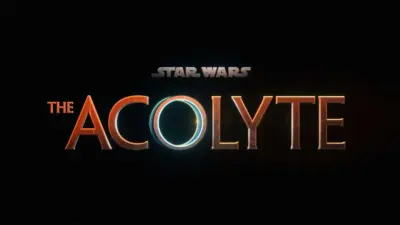- It also forces readers to reason through plot developments and character actions, which bolsters inferential and evaluat…
- Non-fiction: Reading non-fiction provides a factual basis for understanding the complexities of the real world.
- Numerous studies have confirmed the benefits of regular reading on the brain.
- This habit can help make reading a permanent part of your life.
- These types of books are more likely to engage your analytical skills and provoke critical thinking.
- Let reading be both your refuge and your training ground for the intellect.
In today’s fast-paced world, where information is abundant and decisions must often be made on the fly, critical thinking emerges as an essential skill. This blog delves into the profound impact that reading novels and books can have on enhancing critical thinking abilities. The act of reading does more than entertain—it engenders a cognitive process that sharpens the mind, fosters empathy, and enhances decision-making skills. Let’s explore how literature is not merely a source of relaxation but a means of cognitive development and critical acumen.
Defining Critical Thinking
Critical thinking is the capacity to think clearly and rationally about what to do or what to believe. It includes the ability to engage in reflective and independent thinking, which means being able to examine the logical connections between ideas, identify the relevance and importance of arguments, detect inconsistencies and common mistakes in reasoning, and reflect on the justification of one’s own beliefs and values. Here are its core components:
- Analysis: This involves understanding the logical connections between ideas by identifying arguments and non-arguments and distinguishing between cause and effect.
- Evaluation: This includes assessing the credibility of statements or other representations, which involves assessing the validity and reliability of claims in various contexts.
- Inference: This is about drawing conclusions based on a reasoned consideration of evidence, context, methods, standards, and principles.

How Reading Influences Critical Thinking
Reading puts us into virtual complex situations and environments that we might not otherwise experience. When readers engage with complex narratives, they must follow and understand the motivations and developments of diverse characters, maintaining and manipulating these constructs within their minds. This process improves cognitive mechanisms by enhancing concentration, attention to detail, and memory. It also forces readers to reason through plot developments and character actions, which bolsters inferential and evaluative components of critical thinking.
Types of Reading Materials and Their Specific Impacts
- Fiction: Fiction opens a window to different worlds and cultures, offering scenarios that might never occur in one’s personal life. Through these narratives, readers learn to empathize with characters drastically different from themselves, which is a critical aspect of developing social cognition—a key component of problem-solving in real-life social scenarios.
- Non-fiction: Reading non-fiction provides a factual basis for understanding the complexities of the real world. It offers in-depth insights into how things work, be it through historical accounts, scientific explanations, or cultural analyses, thereby enhancing our knowledge and analytical skills. This form of reading strengthens our ability to apply logical thought to real-world problems and to question the status quo through educated skepticism.
Scientific Perspective
Numerous studies have confirmed the benefits of regular reading on the brain. For instance, cognitive neuropsychology has shown that reading not only enhances connectivity in networks associated with comprehension and analytical thinking but also contributes to plasticity in structural brain regions involved in these cognitive processes. This means that reading can cause long-term changes in the brain, which impact how we process information, make decisions, and solve problems.
Practical Tips for Incorporating Reading into Daily Life
To maximize the benefits of reading for critical thinking, consider the following strategies:
- Dedicated Reading Time: Establish a regular reading routine, perhaps by setting aside a specific time each day for this activity. This habit can help make reading a permanent part of your life.
- Choosing the Right Books: Select books that challenge your understanding of the world. Look for books that tackle complex subjects, offer new perspectives, or present ethical dilemmas. These types of books are more likely to engage your analytical skills and provoke critical thinking.

Conclusion
Reading is a powerful tool for mental development, equipping us with the skills to analyze, evaluate, and infer with greater proficiency. As we navigate through increasingly complex societal challenges, the ability to think critically becomes more crucial. Through a committed reading practice, we not only enhance our enjoyment and understanding of the world around us but also bolster our cognitive capacities to think deeply and critically. Let reading be both your refuge and your training ground for the intellect.
Also Read: How to Develop a Reflective Writing Style?



